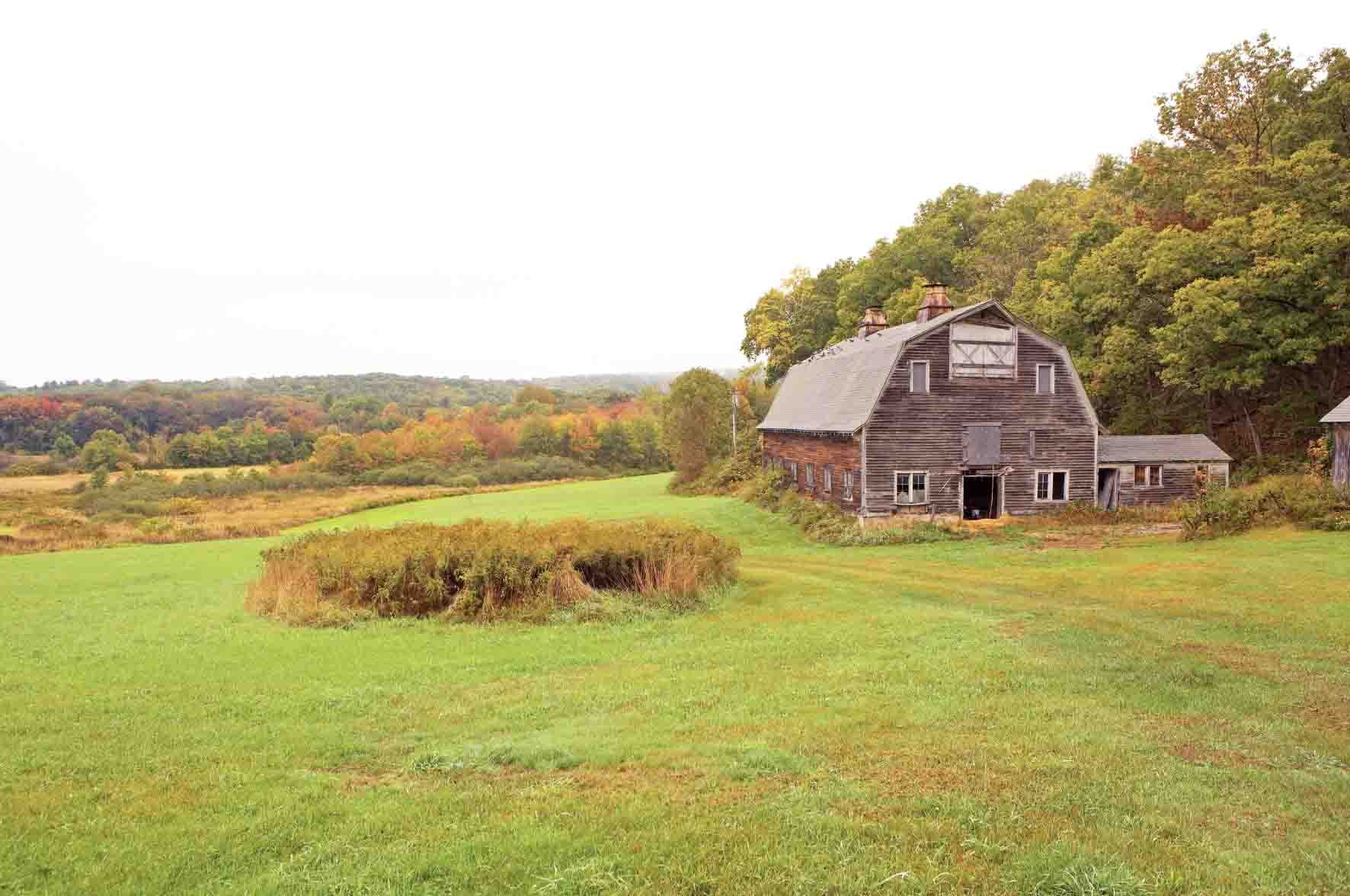
Wikimedia Commons
Connecticut politicians and nonprofits have voiced concerns about the effect proposed changes to the federal farm bill may have on the state.
On April 18, the U.S. House Committee on Agriculture approved the Agriculture and Nutrition Act of 2018, the latest iteration of the farm bill, which funds programs related to agriculture, rural development and food assistance for five years at a time. The new bill includes significant changes to the Supplemental Nutrition Assistance Program, a federal nutritional aid program that has proven politically controversial.
Rep. Rosa DeLauro, D-New Haven, condemned the bill’s passage through the committee.
“The majority’s partisan farm bill … is a betrayal of working families and our most vulnerable — imposing onerous requirements on millions [of] Supplemental Nutrition Assistance Program (SNAP) recipients and cutting program benefits by more than $23 billion,” she said in an April 18 press release. “Despite Republican talking points, this bill does not represent real reform.”
The most recent farm bill, passed in 2014, is set to expire at the end of the year. The new bill, which will now head to the House floor for debate, proposes $860 billion in spending over the course of the next decade, an overall increase from the previous version.
SNAP, colloquially known as food stamps, accounts for the largest amount of the funds allocated in the 2014 bill and almost half of the recipients of the funding are under the age of 18.
The new iteration of the farm bill will seek to establish work or training requirements for able-bodied adults between the ages of 18 and 60 as a precondition for receiving assistance under the program.
Jim Horan, the chief executive officer for the Connecticut Association for Human Services, said he did not think such work requirements are the answer.
“Generally, I don’t think they are [a good idea]. I don’t think they are really designed for people … to become independent,” Horan said in a Tuesday phone interview. “I think they are designed to reduce food stamp benefits and the number of people who receive [them].”
Horan added that he is glad the work requirements are limited, although he would rather see a shift in emphasis toward employment retraining. He also stressed that food stamps are important for Connecticut residents, particularly given that other public benefits have lost support over the last few decades.
DeLauro said food stamps help nearly 35,000 families in Connecticut’s third district, which she represents. And she criticized her Republican colleagues, saying the bill should have established limits on the uncapped agricultural subsidies that are issued as crop insurance. She called the bill — which the committee approved after a party-line vote — “blatantly one-sided.”
Jeff Cordulack, executive director of the Northeast Organic Farming Association of Connecticut, said that although the bill is important for the state and country, it has its shortcomings. The farm bill underinvests in sustainable and organic agriculture, he said. And he called the proposed changes to SNAP “ill-conceived,” saying they would adversely affect Connecticut farmers by decreasing the number of consumer dollars generated at farmers markets.
Henry Talmage, executive director of the Connecticut Farm Bureau, criticized the current status of the Dairy Margin Protection Program in an email to the News, noting that it did not benefit Connecticut dairy producers as much as it could have.
But under the new farm bill, the program — a risk management tool that mitigates cost fluctuations in feed and milk prices — could see improvements. Talmage said there is hope that the formulas for aid calculation would be altered in this iteration of the farm bill to provide “more intended relief” to farmers in the state.
“Despite the fact that the vast majority of the farm bill goes to fund nutrition programs, it is still important to Connecticut farmers,” Talmage wrote.
The origins of the farm bill date back to President Franklin Roosevelt’s New Deal.
Keshav Raghavan | keshav.raghavan@yale.edu







